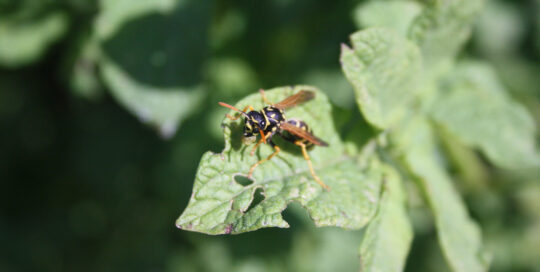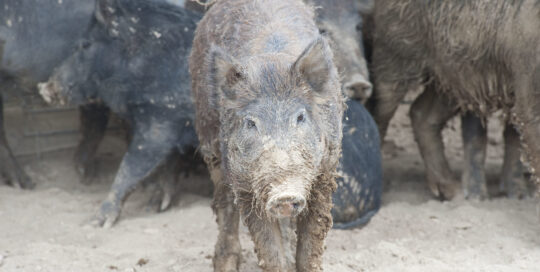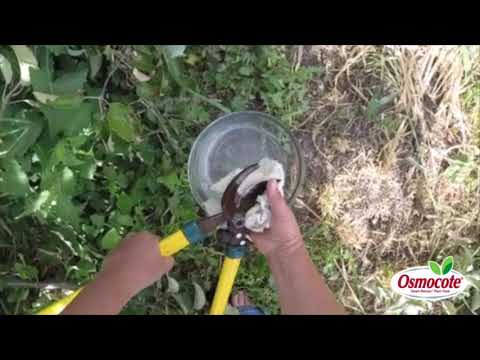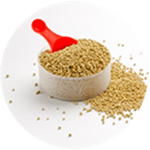Voles, Be Gone!
Views: 5943

In the cartoons there are vegetables that suddenly disappear below the soil, and it’s usually some adorable little rodent on the other end of the chaos. That’s kind of how it is when you’re dealing with voles, except for the adorable rodent part. They travel predominantly below the soil line and feed upon vegetation that is within their reach. And guess what? They’re social animals, which means there will be a lot more than one of them. Oh, how lucky! When voles move in, it could very well mean your tender new vegetables are prime options on their menu, which is no laughing matter.
How to identify voles
There are a couple of possibilities if you have veggies disappearing on you. Although with minimal observation, it should be rather evident. The first one I consider are cutworms, although these will likely be cut off at the soil level. The other option is a vole (Microtus pennsylvanicus) problem. A good clue you have voles is if your plants are losing their roots or more, and you see the tunneling evidence.
Voles are bigger than their cousins the moles (Scapanus), which are insectivores and really something you want to have in the garden since they eat grubs and other insects. People don’t like them in their yard because the holes and tunnels make a mess of things, but if you’re not going for the perfectly coiffed landscape, encouraging voles is a good thing.
Vole repellent
But voles are another story, and they’re hard to contend with if you have a booming population. There are plenty of repellents on the market. Most have mixed results, as in they might work momentarily, but it’s probably not going to solve your problem.
It’s the same with the vibrational repellents. Sometimes they work fine, other times the voles (or moles) seem to chuckle at your efforts. There are some of these vibrational repellents that are fixed on a small windmill, and supposedly the vibration through the soil scare the voles away. The newest one is a solar unit. The woman we bought our house from in Kalispell had the old fashioned ones to scare away the voles, and she always swore by them.
Poisons are available, but not desirable. Not only do you have to be particularly careful when handling it, it’s not good to have the vole die and potentially have other animals feed off of it.
Trapping
Traps are also an option. Snap traps work, but it requires a lot of them. One Extension publication I read recommended a dozen traps in a small garden. The live traps also work so you can take the little darlings elsewhere, although you must check them regularly. Be sure to destroy their tunnels to prevent other voles from simply taking over their habitat. The reality is with trapping that during a heavy infestation year, it’s very difficult to keep up with them.
If you have a voles on a regular basis that are making your absolutely batty, you might want to go to raised beds, even the ones that are elevated a couple of feet or more above the ground. That’s the ultimate anti-vole gardening method is you are in a heavily infested area. But if you periodically have to battle the tenacious little rodents, you can employ one, or all, of the above measures to protect your garden.
Voles can undoubtedly be a bother, but if you can stay one step ahead of them the garden is not a lost cause by any means.
Meet Amy Grisak
Amy is a freelance author and photographer in Great Falls, MT who specializes in gardening, foods, and sustainable agriculture. She provides information on every kind…
Amy's Recent Posts

Looking into the Crystal Ball for a Pest Report








